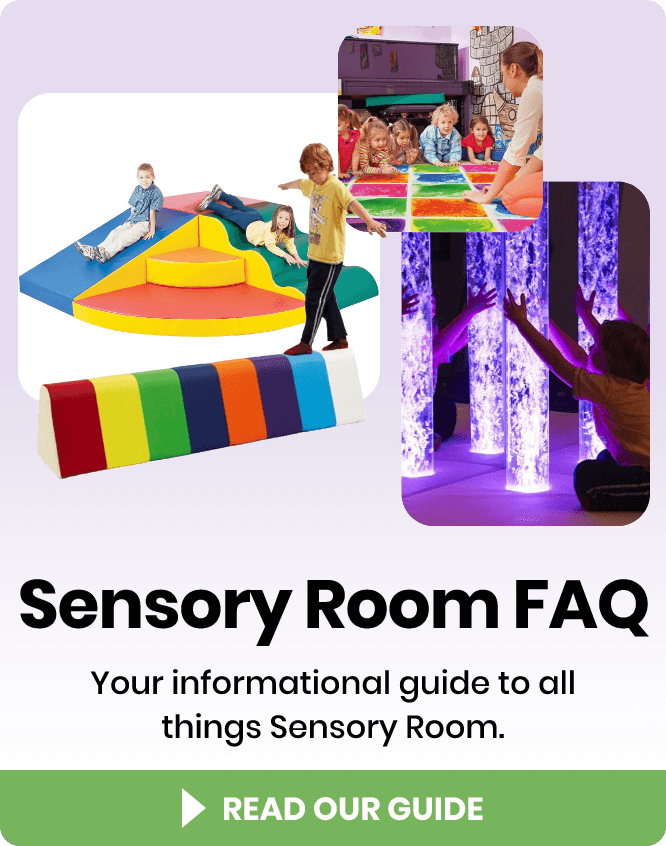Helping Children with Autism Spectrum Disorders Sleep Better
Posted by Terry Katz, PhD and Beth Ann Malow, MD, MS on May 24th 2017
We all need sleep to do our best each day. When we don’t sleep well, we tend to have difficulty performing well and are often in a bad mood. Children with autism spectrum disorders (ASD) face many challenges each day, and we want them to be rested so that they can learn and succeed. We also want children to sleep well so that their parents can get a good night’s sleep! We know that when a child has a bad night, the rest of the family can also have trouble sleeping.
Sleep and ASD
Research has shown that between 50 and 80% of children with ASD have difficulties with sleep. There are many reasons why this is so. Some of these reasons relate to medical conditions including seizure disorders and GI difficulties.
There may also be biological causes. There is some evidence to suggest that the brain chemistry of children with ASD may be different from children without ASD, and some of these differences may result in difficulties with sleep. For instance, there may be differences in melatonin production that results in sleep problems.
Another example of a biological cause is the tendency for children with ASD to insist on sameness. This need to keep everything the same can cause difficulties during the transition from wakefulness to sleep each night. Finally, children’s sleep habits may affect how they sleep at night. One of the ways parents can help their children sleep better is to think about their children’s sleep habits and work with them to promote better sleep.
We have found that education helps improve sleep and daytime functioning for children in our studies. The children were less anxious, paid better attention, and engaged in less repetitive behavior during the day. Their overall quality of life also improved. Parents have noted that they felt more effective as parents and have a higher level of parenting satisfaction when their children sleep. It has been very rewarding to teach parents about behavioral strategies that can make bedtime less stressful and encourage better sleep.
Ways to Help
If your child is having sleep problems, it is always important to talk with your health care provider to make sure that there aren’t any medical conditions that might be causing sleep problems. Some things to think about include:
- - Gastrointestinal problems
- - Breathing problems
- - Skin problems that might cause itchiness
- - Dental problems
- - Neurological problems
- - Pain
- - Anxiety
- - Depression
While you want to make sure that there aren’t any medical conditions that might affect your child’s sleep, you can also think about ways to work on sleep habits. Here are some things to consider:
Daytime Habits
There are things you can do during the day to help your child sleep at night. These include the following:
- - Waking your child up at about the same time each day
- - Helping him or her get plenty of exercise
- - Providing exposure to lots of light
- - Limiting caffeine
- - Thinking carefully when naps happen and for how long
- - Making sure that your child’s bed or bedroom is just for sleep
- - In the evening, try to do the following:
- - Keep the lights down low
- - Limit stimulating or difficult activities
- - Keep things consistent
Think about your child’s bedroom and consider the following:
- - Temperature
- - Textures
- - Scents
- - Sounds
- - Light
- - Objects
Create a bedtime routine for your child
Include a few activities in your child’s bedtime routine. Try to make sure that the activities are calm and relaxing for your child. Avoid any difficult or exciting tasks before bed. Go through the routine in the same order every night. Use a visual schedule that shows each step in the bedtime routine. Try to put your child to bed at the same time each night.
Bedtime Struggles:
Many children are afraid to be alone in their bedroom at night. Others simply resist going to bed and don’t seem tired. There are strategies to help your child be ready for sleep. It might help to look at what time your child is going to bed. A slightly later bedtime might make things easier.
Try to decide in advance how you will respond if your child struggles at bedtime. While some people think that the “cry it out method” is beneficial, we have found that this is often a difficult approach for parents and children. We have found that some more gradual and gentle approaches may be more helpful. For example, you might try staying in your child’s room after you say goodnight. You can then slowly move out of the room over few days’ time.
Other children may do better with other strategies. Providing rewards for your child for good sleep can often be very motivating.
Start with Small Steps
It is easy to feel overwhelmed by all the different things you can do to help with your child’s sleep. It is fine to take small steps and go slowly. We have found that making even one change can make a big difference.







